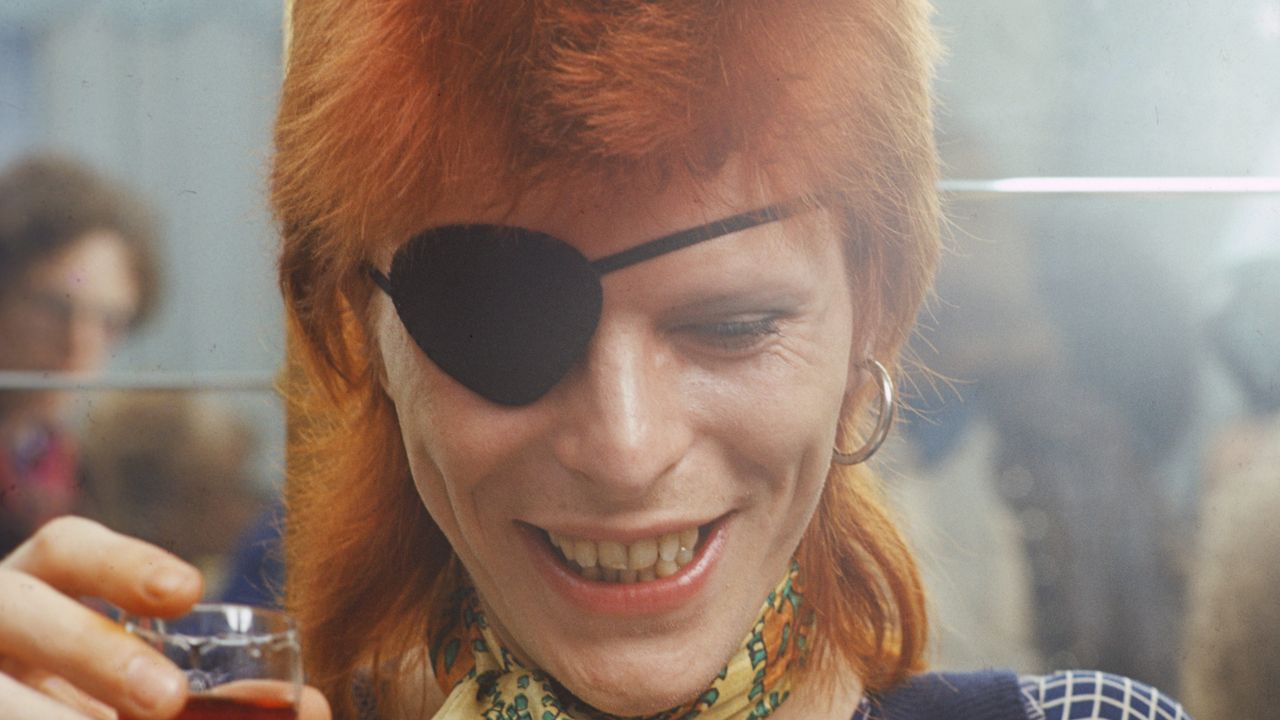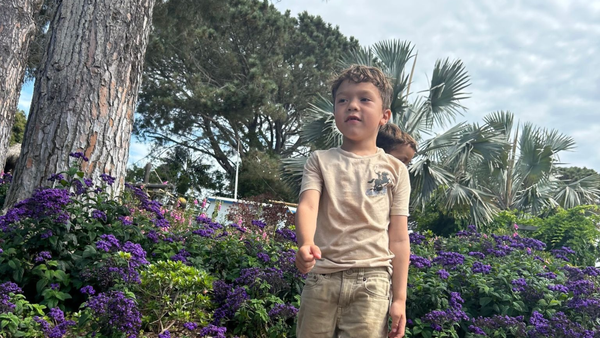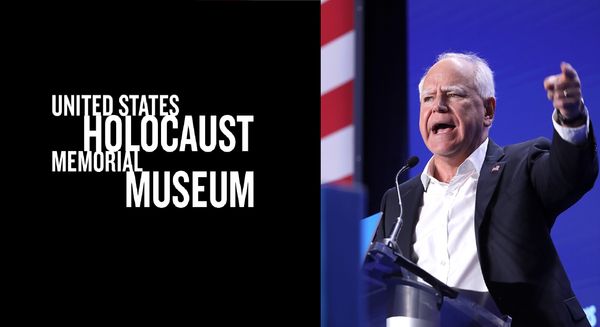
When Glenn Hughes talks about the career of his late friend David Bowie, he tells MusicRadar: “Simply put – there’s never been anyone like him.”
Hughes, a former member of both Black Sabbath and Deep Purple, also credits Bowie as a powerful influence on his own work.
Beyond heavy rock, Hughes has ventured into soul and funk music, and declares: “It’s difficult to pigeonhole Glenn Hughes! It really is.”
His friendship with David Bowie began in the ’70s and they remained close until Bowie’s death in 2016.
It was in 1974, when Hughes was the bassist and co-lead vocalist in Deep Purple, that he and Bowie first met.
They quickly became close friends, and after Bowie attended the sessions for Purple’s album Stormbringer at the Record Plant studios in Los Angeles, Bowie asked Hughes to appear on his album Young Americans.
Sadly, Hughes’ bandmates in Purple weren’t into the idea, forcing him to decline Bowie’s offer.
But their connection continued. When Bowie made his 1976 album Station To Station he lived with Hughes in LA. And as Hughes says now, this friendship had a profound effect on his own creative mindset.
“The people I really admired, like my good friend David Bowie, always changed,” Hughes says. “And that’s the way it’s always been for me.
“When Bowie lived with me, he kept pushing me, saying, 'You’ve gotta keep changing. You can’t keep repeating yourself.’ So, I’ve been doing that ever since.
“I didn’t want people to expect – just because I was in a band called Deep Purple – that I’d make that kind of music again after I left.”
During the sessions for Deep Purple’s Stormbringer, Bowie joined Hughes in the studio as the band recorded the song Hold On.
“Yeah, that’s true,” Hughes confirms. “We were joined at the hip in 1974! So, you know, he came into the studio many times with me.”
Hughes has always regretted having to decline the offer to record with Bowie.
“He wanted me to be on Young Americans,” he says. “But I met with Deep Purple, and they were very against that, thinking it would be bad for the brand of Deep Purple.
“And since I didn’t want to cause any problems, I had to decline, but I didn’t understand what they were talking about.
“I think it might have helped them if I’d done it because that album was like a number one album, you know?”
Nevertheless, Hughes gained an insight into Bowie’s creative methods during the making of Station To Station.
He recalls: “David was staying at my house when he was making that album. As a writer, I was fascinated by that.
“I watched him all along throughout his career. Even before I met him in 1974, I knew Space Oddity. But with Station To Station, just actually watching him work, watching him react, or not react, was very important to me.
“His influence on me as a human was very important, you know? And all these years later, I’ve been changing the way I look, the way I feel, and the way I act.
“Observing him – the way he operated on and off the stage – was fascinating to me because there’s never been anyone like him. In 100 years of music, there’s never been anyone that forged ahead the way he did.
“He got very famous as Ziggy Stardust, and as soon as he got famous with Stardust, it was just like the end of that.
“He just wanted to keep moving and morphing. And not many artists have really done that since.”







